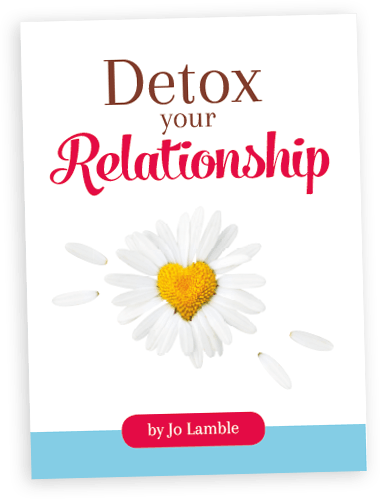 How often have you asked your partner to stop leaving wet towels on the bathroom floor? Or perhaps it is you who is forever stepping over the offending towel because you simply don’t see it. How many times have you been disappointed because nobody has made a fuss for your birthday? Or maybe you are the one who keeps disappointing your partner.
How often have you asked your partner to stop leaving wet towels on the bathroom floor? Or perhaps it is you who is forever stepping over the offending towel because you simply don’t see it. How many times have you been disappointed because nobody has made a fuss for your birthday? Or maybe you are the one who keeps disappointing your partner.
If you find that you and your partner are having the same arguments over and over again, chances are one or both of you are failing to take responsibility for your own problems. In a nutshell, if something is bothering you, then it’s your problem. It doesn’t mean that it’s your fault or you are the only one who has to fix it. It just means that you are the one who has the incentive to address the issue. If you hate wet towels on the floor, that’s your problem. By all means ask your partner for help with your problem, but don’t expect him or her to care as much about the towels as you do.
Similarly, if you want to celebrate your birthday, then it’s up to you to make suggestions and lead the discussion on what to do each year. Leaving it up to your partner to initiate a celebration will only end in tears if they have never been fussed about anyone’s big day.
Once you have owned your problems, your requests for help come out as far less of an attack:
“Would you mind picking up your wet towel because it really bugs me” sounds a lot better than: “Why can’t you ever pick up your towel? I’m not your slave!”
“Can we have a dinner with friends for my birthday this year because I really feel like celebrating” will get a much better result than: “If you loved me, you would have organised something for me. You know I love birthdays.”
It might sound hard to believe, but if something doesn’t bug your partner, they simply won’t see what needs to be done or remember what’s important to you. If we all own our own problems, we can happily delegate and make suggestions without resentment.
















